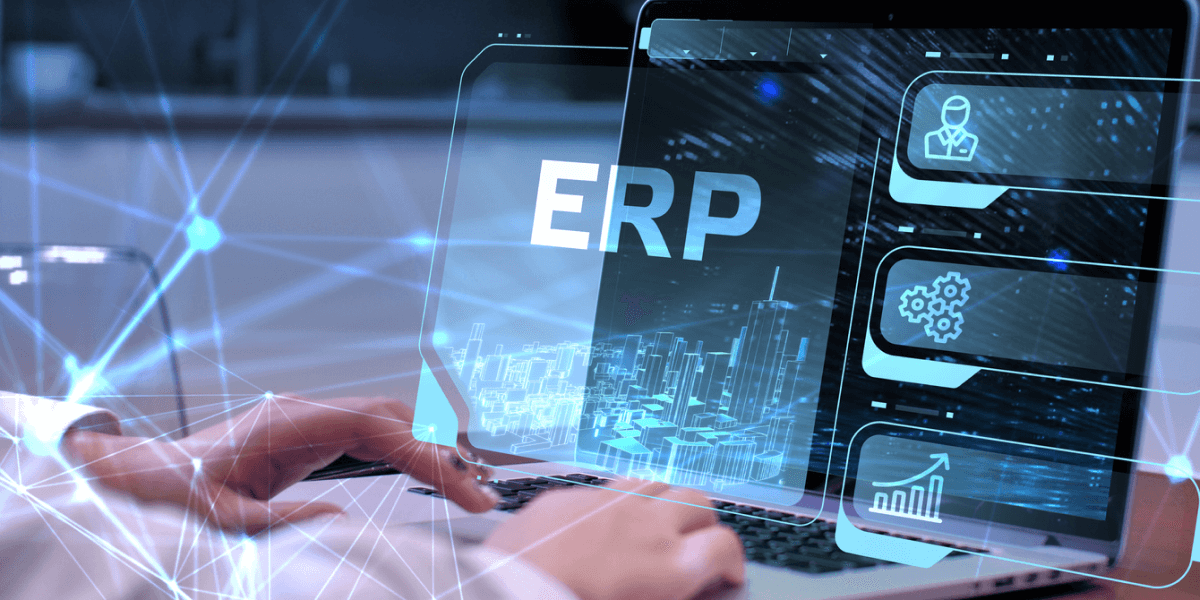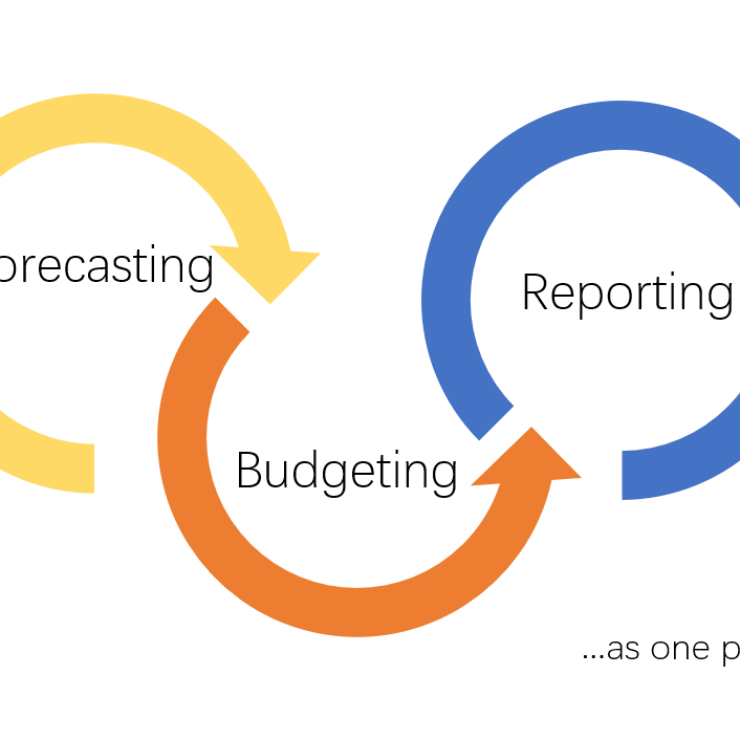In the ever-evolving landscape of business operations, Enterprise Resource Planning (ERP) systems have become indispensable tools for streamlining processes, enhancing efficiency, and promoting collaboration. OpenScope ERP has emerged as a robust and versatile solution, continually adapting to the dynamic needs of businesses. As we step into the future, let’s explore the exciting possibilities and emerging technologies that will shape the trajectory of OpenScope ERP.
Cloud Integration and Mobility: The future of OpenScope ERP lies in seamless cloud integration, enabling businesses to access critical data and applications from anywhere at any time. Cloud-based ERP systems not only enhance accessibility but also promote scalability and cost-efficiency. With the increasing prevalence of remote work, mobility becomes a key factor in ERP system design, ensuring that users can perform tasks on the go.
AI and Machine Learning: Artificial Intelligence (AI) and Machine Learning (ML) are set to revolutionize ERP systems, and OpenScope is no exception. These technologies can automate routine tasks, analyze vast datasets to extract insights, and provide predictive analytics to aid in decision-making. Integrating AI and ML into OpenScope ERP can lead to enhanced data accuracy, improved forecasting, and more intelligent business processes.
blockchain for Enhanced Security: Security is a top priority in the digital age, and blockchain technology holds the promise of providing a secure and transparent foundation for ERP systems. OpenScope ERP can leverage blockchain to enhance data integrity, reduce the risk of fraud, and ensure a tamper-proof audit trail. This innovation is particularly crucial for industries that demand a high level of data security, such as finance and healthcare.
IoT Integration: The Internet of Things (IoT) is rapidly becoming a game-changer in ERP systems. OpenScope ERP can leverage IoT data from interconnected devices to gain real-time insights into various aspects of business operations. For example, in manufacturing, IoT sensors on machinery can provide data on performance and maintenance needs, optimizing production processes.
Enhanced User Experience with UI/UX Improvements: As technology advances, so do user expectations. OpenScope ERP will likely focus on improving its User Interface (UI) and User Experience (UX) to ensure a more intuitive and user-friendly platform. This can include features such as customizable dashboards, simplified navigation, and enhanced collaboration tools.
Integration with External Ecosystems: Collaboration between different systems and platforms is essential in today’s interconnected business environment. OpenScope ERP’s future lies in seamless integration with external ecosystems, fostering interoperability and data exchange. This can involve APIs and connectors that enable the ERP system to work cohesively with other applications and services.
Continued Community Collaboration and Open Source Development: OpenScope ERP’s commitment to open source principles will continue to drive community collaboration and development. The roadmap ahead may involve crowd-sourced innovations, user-driven feature enhancements, and a collaborative approach to problem-solving.
Conclusion:
As we envision the future of OpenScope ERP, the integration of emerging technologies and a commitment to innovation will play a pivotal role. Businesses adopting OpenScope ERP can look forward to a dynamic and adaptive system that not only meets their current needs but also anticipates and embraces the challenges and opportunities of tomorrow. The journey ahead promises a more intelligent, secure, and user-friendly ERP experience, positioning OpenScope as a frontrunner in the ever-evolving landscape of enterprise solutions.




